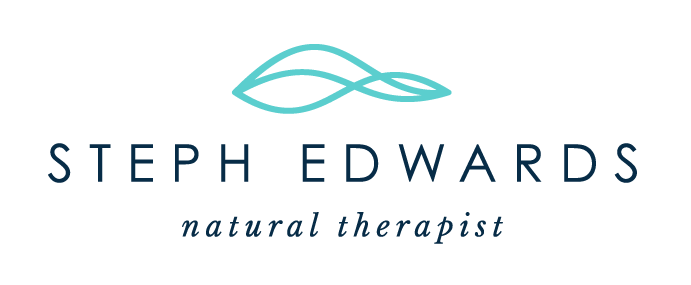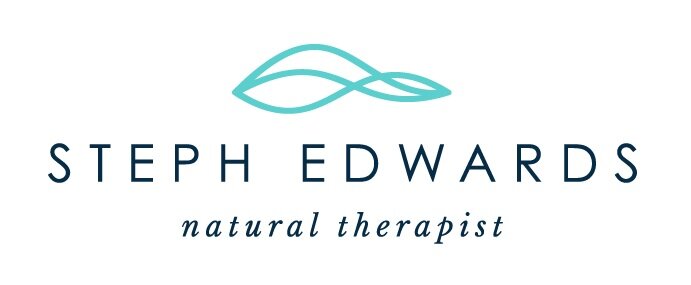
FAQ’s
-
This is difficult to answer as each person heals at their own healing pace. However, I generally recommend a minimum of 3-4 sessions to allow your nervous system time to fully re-balance and for you to get a sense of change
-
CST is complementary to any talking therapies and may enhance your overall healing process. I often collaborate with many talking therapist and somatic coaches.
-
Yes you can. Your need and safety is the key to your healing
-
Yes, but if your dental operation was recent, then please check with your dentist provider first and to how you feel with in yourself as your appointment may require inner mouth work
-
Item descriptTMJ stands for temporomandibular joint – it’s the hinge that connects your jaw to your skull. When there’s tension, misalignment, or stress in this area, it can lead to a condition called TMD (temporomandibular disorder), which can cause pain, discomfort, and difficulty with jaw movement.ion
-
You might notice:Jaw pain or tenderness
Clicking, popping, or locking of the jaw
A dull ache around the ear
Difficulty chewing
Headaches or facial tension
Sensitivity to sound or even dizziness
Everyone’s experience is a little different, but if these sound familiar, it could be TMJ-related.
-
Yes, it is very normal to feel either tired or energetic and present. Each session is very different to what is needed in the present moment
-
Yes it very normal to have an emotional release either during or after the session. CST is a very gentle and profound treatment. Often being held, touched and seen in such an authentic and profound way can be enough to set of an emotional release.
-
Yes this can happen. It is part of the healing process as the body integrating and releases old trauma

